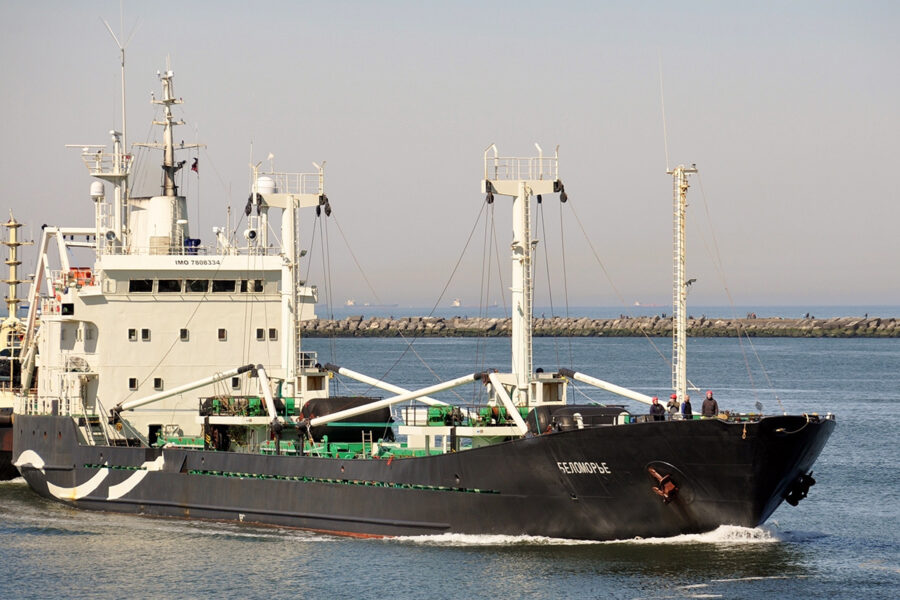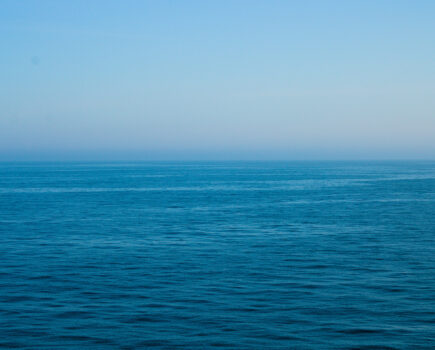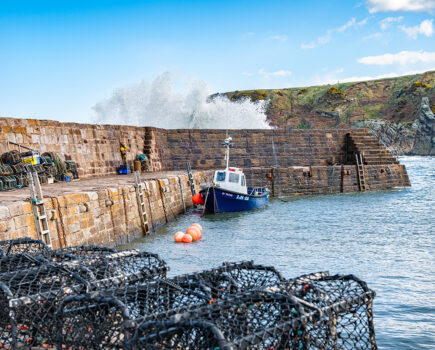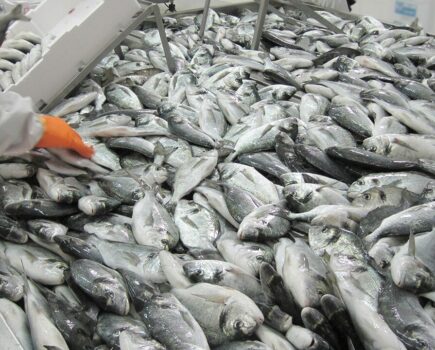Dutch authorities have denied permission for a Russian reefer to land in the country, after the publication of a news report identifying several Russian fishing vessels that the authors say are involved in espionage.
According to the report the fishing boats ‘freely enter Eemshaven and moor near a military facility’. The port is of strategic importance – 11 of the 15 internet cables connecting Europe with America come ashore there, there are two floating LNG terminals, and work is underway to build a NATO ammunition depot.
“We can pay a high price for frozen fish entering our country. By importing Russian cod, we expose ourselves to possible espionage and sabotage and sponsor the war in Ukraine,” the authors of the investigation wrote.
In addition, at the end of April, the Swedish navy warned that some Russian civilian ships, such as oil tankers, were being used for radio reconnaissance and intercepting communications. “We find antennas and masts that usually do not belong to a fishing vessel,” said the commander of the Swedish navy, Rear Admiral Eva Skoog Haslum.
Fishing vessels belonging to the large Russian company Norebo catch cod and other fish in the Norwegian and Barents seas. A significant part of the catch is delivered every two weeks to the Netherlands, with much of it ending up in the UK.
On 14 May, shortly after the article was published, Dutch defence minister Kajsa Ollongren told the Dutch parliament that Russian fishing vessels were no longer welcome in Eemshaven.
Subsequently Norebo said it was denied entry not only to Eemshaven, but to other ports in both the Netherlands and Germany.
A spokesperson for the Russian Association of Fishing Fleet Shipowners (FSA) told Russian news outlets that ‘the vessel was refused, despite the presence of all the necessary documents (catch certificate, port state control forms, etc), which were submitted in advance in accordance with EU requirements’.
“The Dutch media raised an openly Russophobic story that the Russian Maritime Doctrine, updated in 2022, allegedly provides for the direct control of fishing and transport vessels by the Russian authorities, which must be in constant readiness
to carry out some ‘special operations’. This fabrication was used as a pretext when deciding to ban Russian transport vessels with fish from entering the Netherlands,” said FSA president Alexei Osintsev.
Norebo categorically denied it was spying and called the accusations against it ‘fantasies’. “The holding’s fishing vessels are engaged exclusively in fishing, processing and transportation of fish products; they have never performed any other functions,” a spokesperson told Russian media.
“The restrictions affected the calls of ships under the Russian flag. There are no restrictions on the supply of fish products,” he added. “Our fish products still remain in demand in the EU countries and beyond.”
In 2023, Russia exported 138,000t of fish products to the Netherlands, much of which is then sold in the UK or other EU countries. Several large processors and fish wholesalers argued at the time of the Ukrainian invasion that any increase in tariffs or trade restrictions would hurt consumers.
The UK imposed a 35% duty on the supply of Russian whitefish in 2022, although Russian fish processed in China and then relabelled is still entering the UK. The EU removed tariff exemptions for Russian fish earlier this year – it is now subject to a 12% import tariff. EU processors suggested last week that the ongoing uncertainty about future delivery of Russian fish may lead to some price increases for whitefish on the market.
This story was taken from the latest issue of Fishing News. For more up-to-date and in-depth reports on the UK and Irish commercial fishing sector, subscribe to Fishing News here or buy the latest single issue for just £3.30 here.
Sign up to Fishing News’ FREE e-newsletter here.








